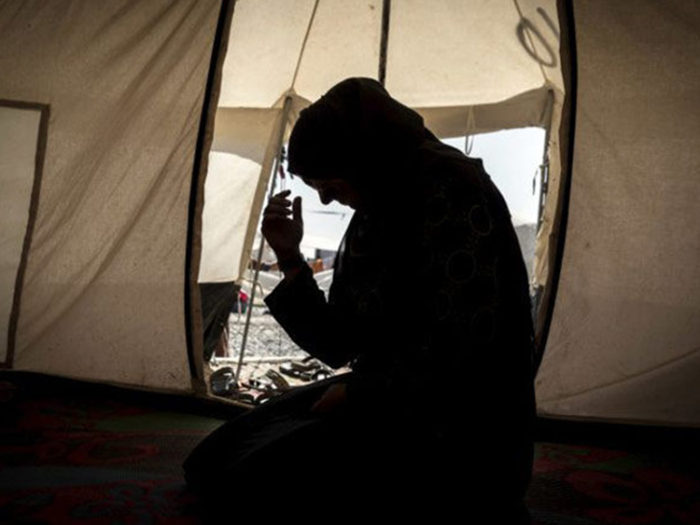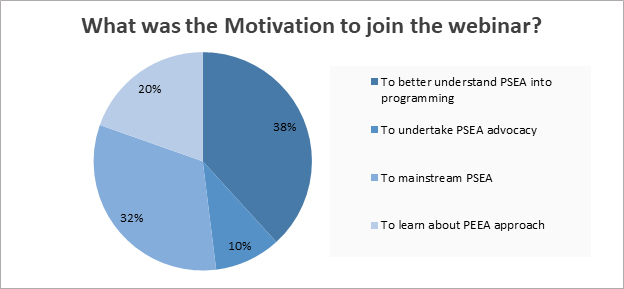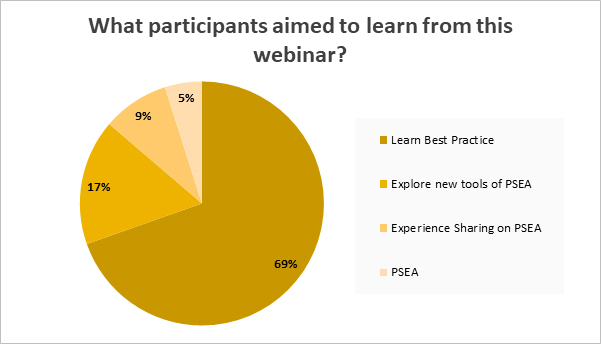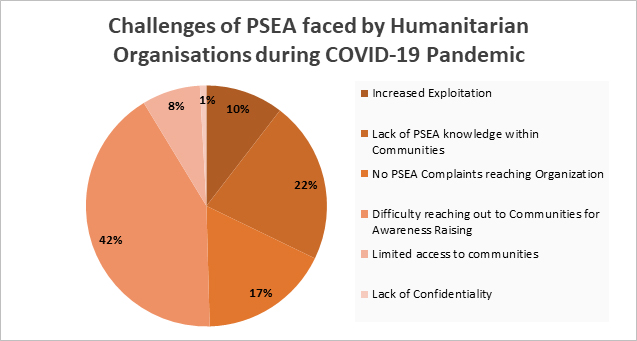When: June 11, 2020
What time: 2:00 PM (Pakistan Standard Time)
Where: ZOOM – Link to be shared to registered participants
Language: English
How long: 90 minutes
Who is it for: Humanitarian and development practitioners working in or with hard-to-reach areas, NGOs and INGOs involved in COVID19 response
Format: Panel Discussion – Multiple Speakers & Moderator
Speakers/Panelists: Ms. Qingrui Huang, Mr. Hafiz Amirrol and Ms. Dear NB SinandangModerator/Presenter: Mr. Takeshi Komino
Purpose
COVID-19 pandemic presents unique challenges to the global humanitarian sector. Individuals, organizations as well as networks are all effected by this directly or indirectly.
There is a need to work together with governments, NGOs and other stakeholder to serve communities and complement the joint efforts in combating COVID-19.
Given the probability that the pandemic may last for an extended period, it is timely and imperative to discuss the behaviors, expertise and capacity both at individual and institutional level to facilitate humanitarian community in responding to the pandemic. The best possible way is to work together, build on the expertise of each other and jointly respond.
This webinar will bring together a panel of speakers with diverse backgrounds related to humanitarian and development affairs to discuss how the current COVID-19 experience impact the future of the humanitarian sector with reference to coordination. It will provide an opportunity to:
- Explore coordination aspect in global and regional policy dialogue on humanitarian landscape in COVID-19 context (Global Humanitarian Response Plan, humanitarian financing, IASC guidelines on Localization)
- Identify case studies on different aspects of coordination in COVID-19 preparedness and response activities from International Council of Voluntary Agencies (ICVA), Asian Disaster Reduction and Response Network (ADRRN) and Humanitarian Forum Indonesia (HFI). These include strategic plans, action plans, challenges and best practices.
- Facilitate exchange between networks themselves for good practices and lessons learned with reference to coordination.
The webinar will further engage its audience (panelists and participants) to explore:
- What are the emerging trends/good practices in the space of coordination among NGOs that would continue even beyond C19?
- What are some Innovative ways to resolve coordination challenges during COVID-19?
- How to ensure Monitoring, evaluation, accountability, data and information sharing during COVID-19?
- What are the associated challenges in terms of Community Engagement and risk communication?
- How is stretching capacity within NGOs/CSOs in dealing with COVID-19 response and natural disasters?
- What are some of the opportunities emerged for NGOs due to COVID-19?
- What will the localization look like during new normal situation?
Background
The coronavirus COVID-19 pandemic is the defining global health crisis of our time. In addition to the loss of lives and the disruption to millions of lives, the economic damage is already significant and far-reaching.
Community World Service Asia is pleased to host a series of learning and experience sharing events particularly focusing on the steps taken by organizations to minimize the impact of the Covid-19 pandemic.
Community World Service Asia (CWSA) is a humanitarian and development organization, registered in Pakistan, head-quartered in Karachi and implementing initiatives throughout Asia. CWSA is a member of the Core Humanitarian Standard (CHS) Alliance and a Sphere regional partner.
International Council of Voluntary Agencies (ICVA) is a global network of non-governmental organizations whose mission is to make humanitarian action more principled and effective by working collectively and independently to influence policy and practice.
ICVA helps its members understand, engage and influence the humanitarian sector with a focus on Forced migration, Humanitarian coordination, Humanitarian financing, and Cross-cutting issues.
Asian Disaster Reduction and Response Network (ADRRN) is a network consists of 52 national and international NGOs from more than 20 countries across the Asia-Pacific region. With a strong footprint in the region, the network members are constantly engaged with local communities strengthening their ability to combat disasters, providing humanitarian aid like food, water, shelter and health care, protecting critical facilities like schools and hospitals, creating awareness, advocating for policy changes and improving the capacity of community based organizations.
Humanitarian Forum Indonesia (HFI) is a network of faith based humanitarian and development organizations, committed to build a mutual understanding between Humanitarian actors especially NGOs, across differences background, to campaign norms and humanitarian standard principles throughout dialogs, and developing partnership in any level.
This 90-minute webinar will also be an opportunity for sharing best practices and develop understanding from the work of networks and organizations actively involved in the region.
Register here: Webinar on Humanitarian Coordination During COVID-19
Speakers/Panelists:
 MS. Qingrui Huang Qingrui is Acting Regional Representative for Asia and the Pacific at ICVA, a global network of NGOs whose mission is to make humanitarian action more principled and effective by working collectively and independently to influence policy and practice. She has over 15 years’ experience in technical advisory and program management with both UN agencies and NGOs in the areas of humanitarian and development in Asia, particularly in China, Myanmar and Thailand. In her current role, Qingrui closely works with ICVA members, NGOs and NGO networks, and humanitarian partners such as UN agencies and donors to ensure the humanitarian actions in Asia and the Pacific are more coordinated, accountable and inclusive.
MS. Qingrui Huang Qingrui is Acting Regional Representative for Asia and the Pacific at ICVA, a global network of NGOs whose mission is to make humanitarian action more principled and effective by working collectively and independently to influence policy and practice. She has over 15 years’ experience in technical advisory and program management with both UN agencies and NGOs in the areas of humanitarian and development in Asia, particularly in China, Myanmar and Thailand. In her current role, Qingrui closely works with ICVA members, NGOs and NGO networks, and humanitarian partners such as UN agencies and donors to ensure the humanitarian actions in Asia and the Pacific are more coordinated, accountable and inclusive.
 Mr. Hafiz AMIRROL Hafiz is the network coordinator for Asia Disaster Reduction and Response Network (ADRNN), a network of 52 civil society organizations across Asia that focuses on disaster risk reduction, and disaster response and preparedness. Hafiz is also Head of Strategic Planning and Building Resilient Communities at MERCY Malaysia. Hafiz is an urban designer and also a lecturer/researcher in the field of architecture, urbanism and city planning.
Mr. Hafiz AMIRROL Hafiz is the network coordinator for Asia Disaster Reduction and Response Network (ADRNN), a network of 52 civil society organizations across Asia that focuses on disaster risk reduction, and disaster response and preparedness. Hafiz is also Head of Strategic Planning and Building Resilient Communities at MERCY Malaysia. Hafiz is an urban designer and also a lecturer/researcher in the field of architecture, urbanism and city planning.
 Ms. Dear NB Sinandang Dear is Communication and Partnership Manager of Humanitarian Forum Indonesia, a forum of faith-based organizations in Indonesia that was established in 2008. She has over 10 years’ experience in project management, capacity building programs, network management, and coordination and partnership with humanitarian key actors in the areas of humanitarian assistance and disaster management in Indonesia. In her current role, Dear closely works with HFI members, and humanitarian partners such as UN agencies, Red Cross, NGOs/INGOs, private sector, academia, donors, and regional to global networks.
Ms. Dear NB Sinandang Dear is Communication and Partnership Manager of Humanitarian Forum Indonesia, a forum of faith-based organizations in Indonesia that was established in 2008. She has over 10 years’ experience in project management, capacity building programs, network management, and coordination and partnership with humanitarian key actors in the areas of humanitarian assistance and disaster management in Indonesia. In her current role, Dear closely works with HFI members, and humanitarian partners such as UN agencies, Red Cross, NGOs/INGOs, private sector, academia, donors, and regional to global networks.
Moderator / Presenter:
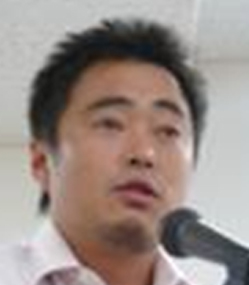 Mr. Takeshi Komino – Secretary General, Asian Disaster Reduction and Response Network (ADRRN) Takeshi currently serves as General Secretary of CWS Japan and a member of Executive Committee of Asian Disaster Reduction and Response Network (ADRRN) as Secretary General. He also serves as Co-chairperson of Japan Platform, and joint secretariat of Japan CSO Coalition for DRR (JCC-DRR), as well as the chairperson of Japan Quality and Accountability Network (JQAN).
Mr. Takeshi Komino – Secretary General, Asian Disaster Reduction and Response Network (ADRRN) Takeshi currently serves as General Secretary of CWS Japan and a member of Executive Committee of Asian Disaster Reduction and Response Network (ADRRN) as Secretary General. He also serves as Co-chairperson of Japan Platform, and joint secretariat of Japan CSO Coalition for DRR (JCC-DRR), as well as the chairperson of Japan Quality and Accountability Network (JQAN).






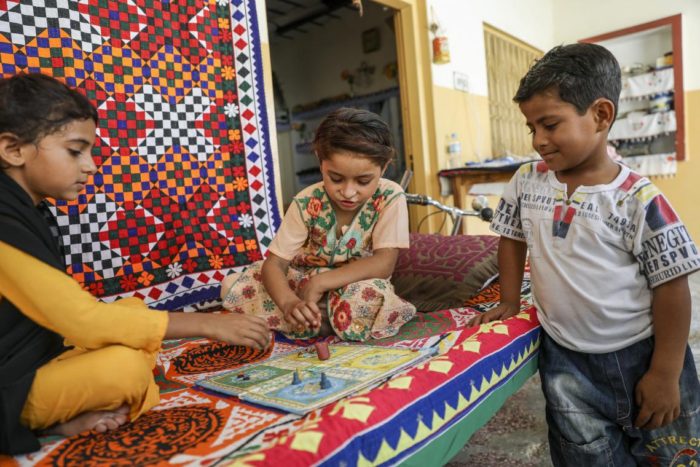

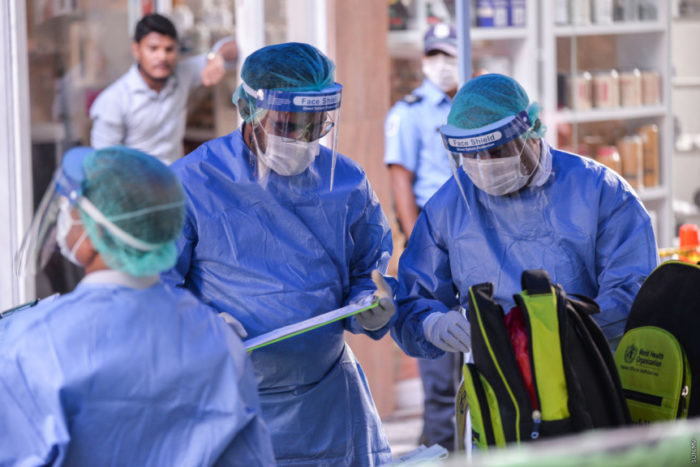
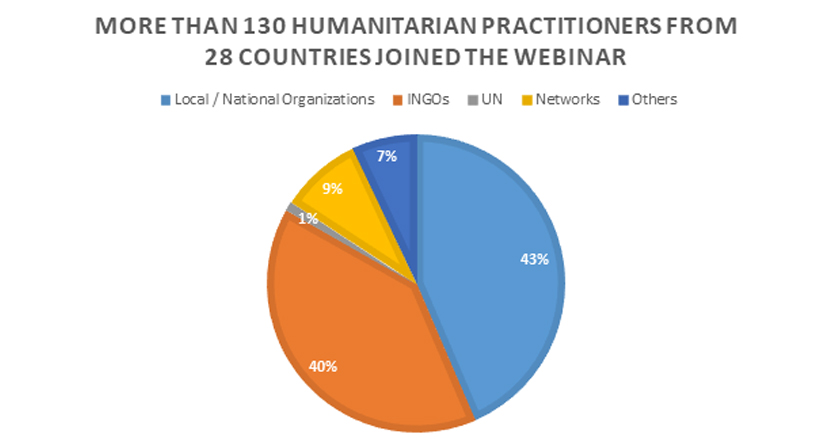
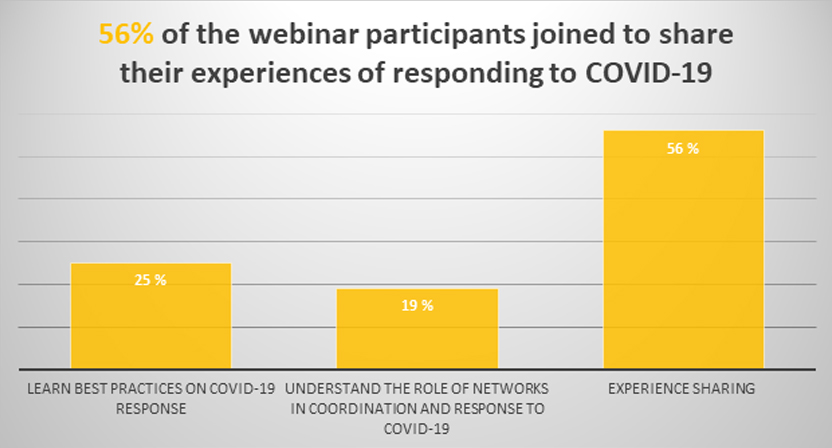


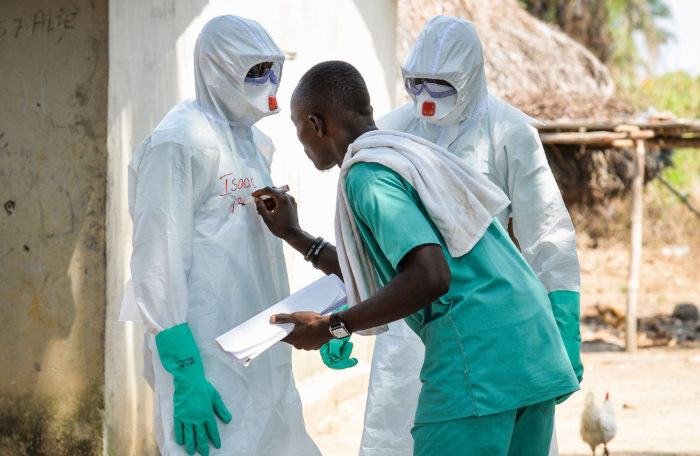
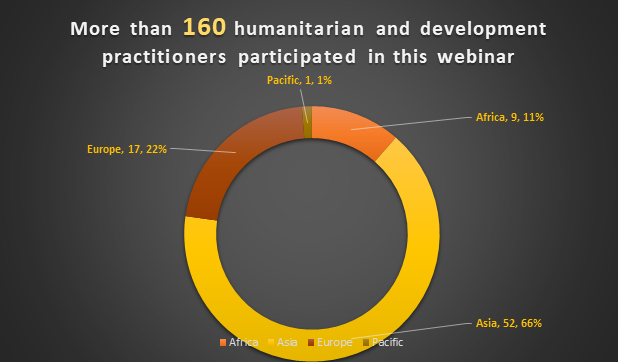
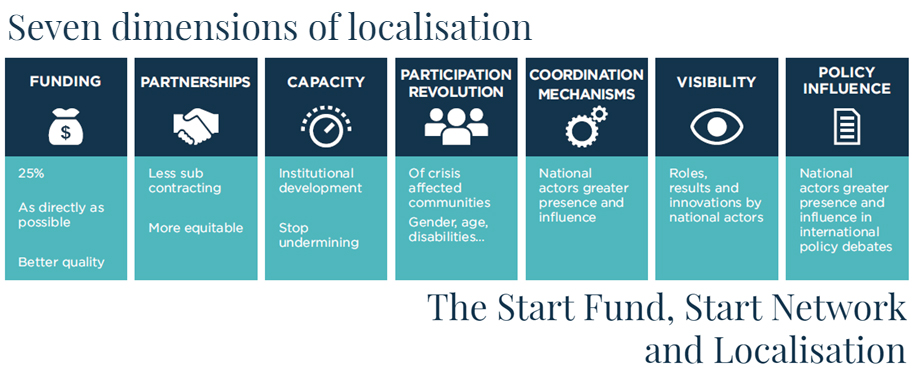
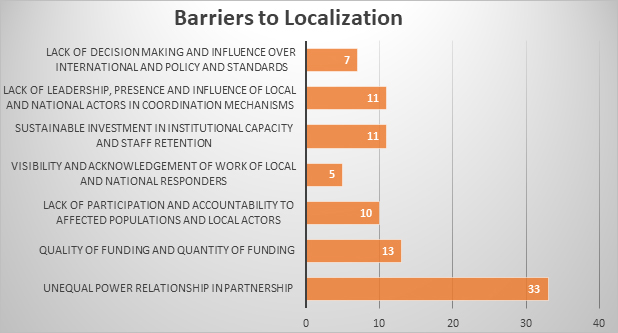

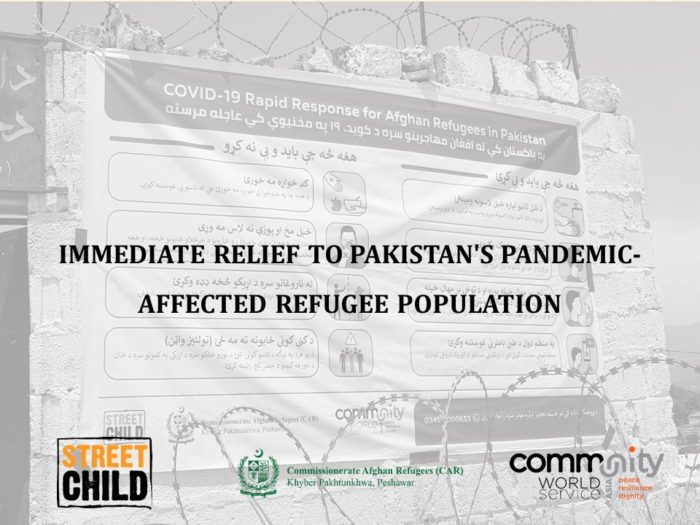

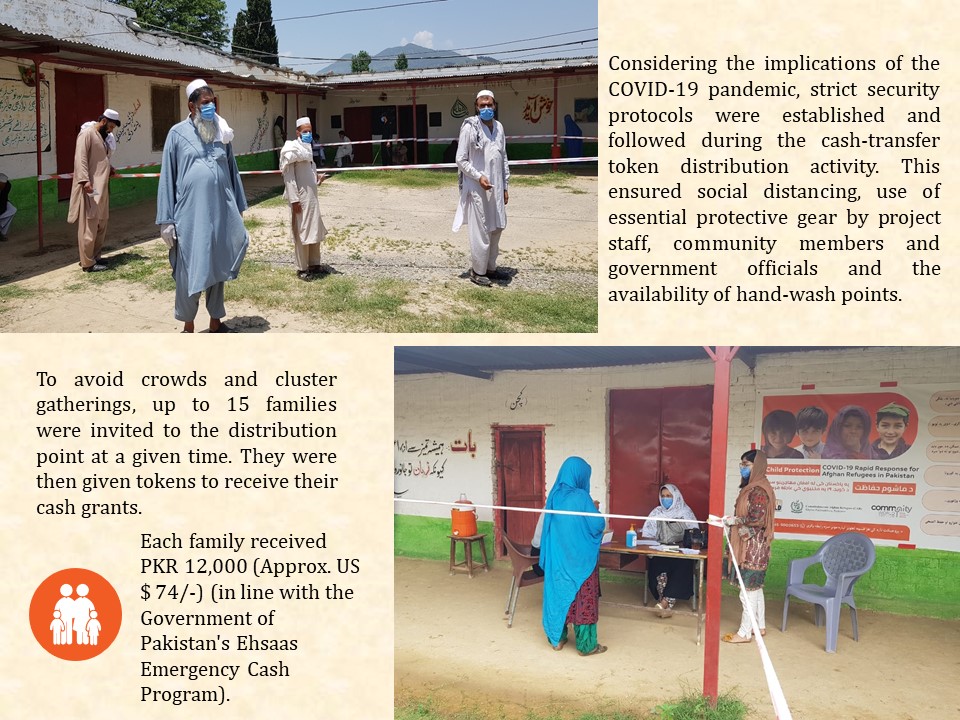
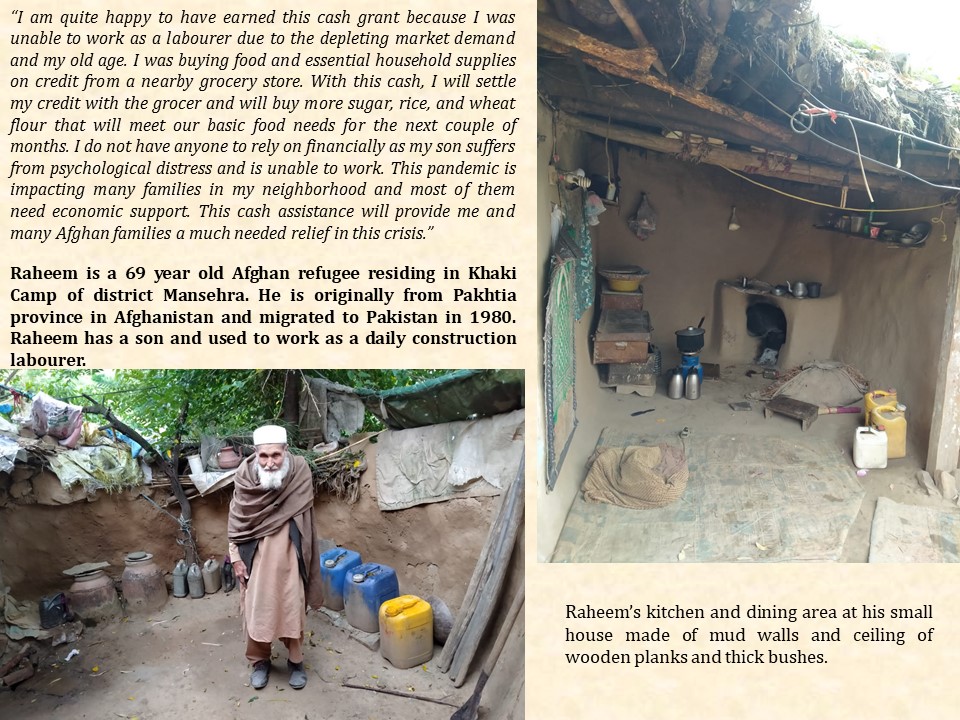
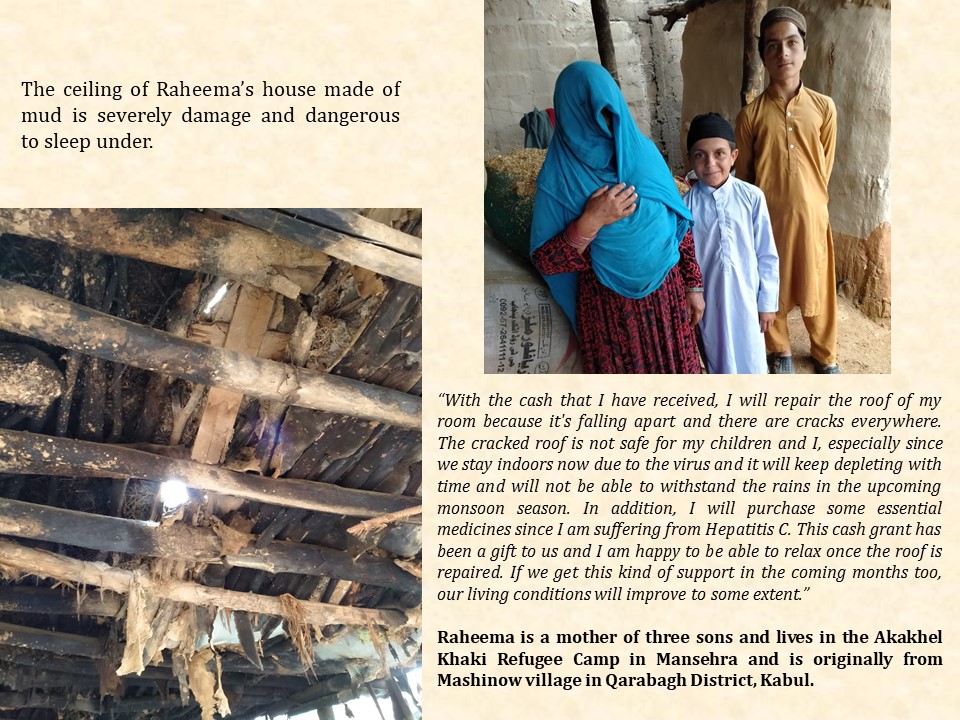

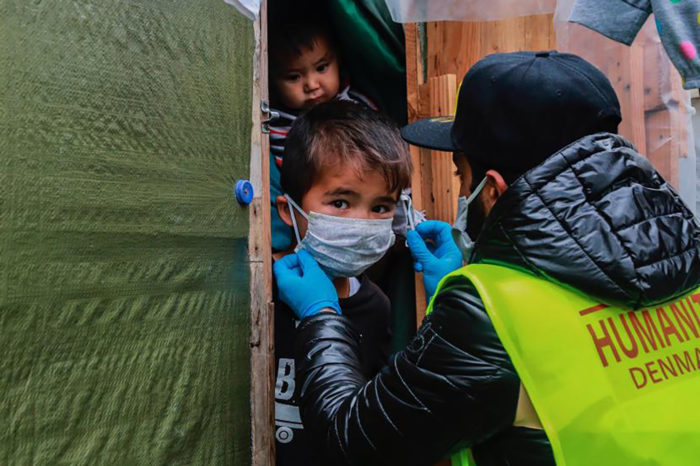
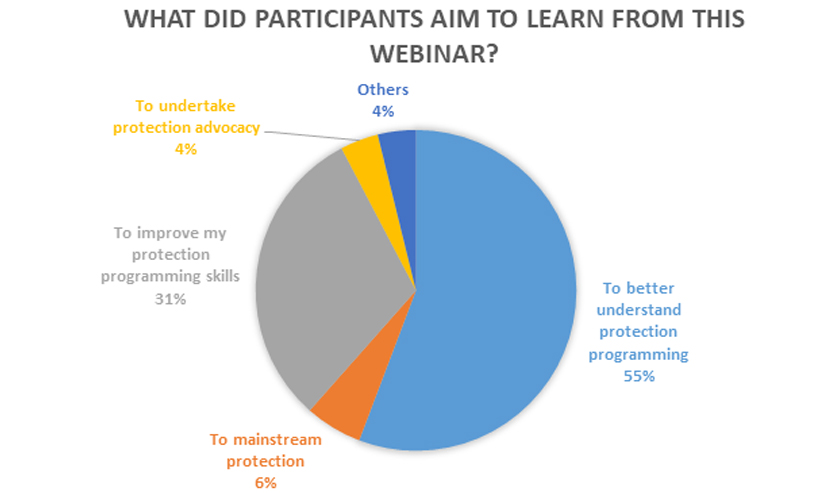
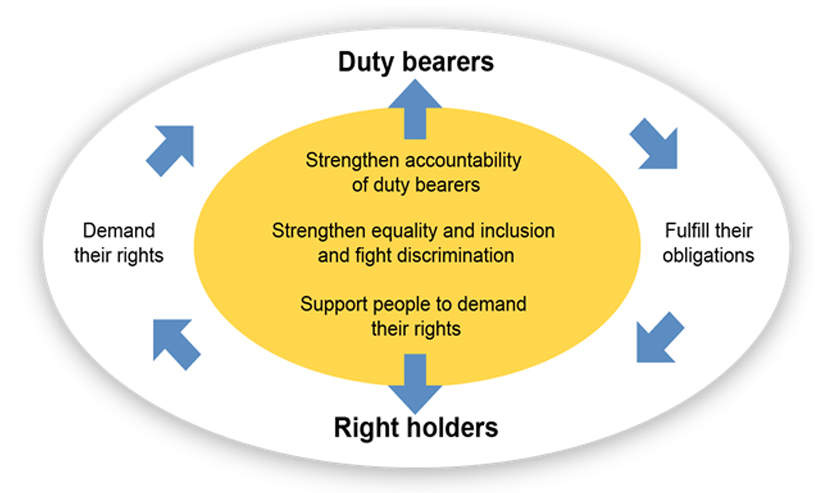
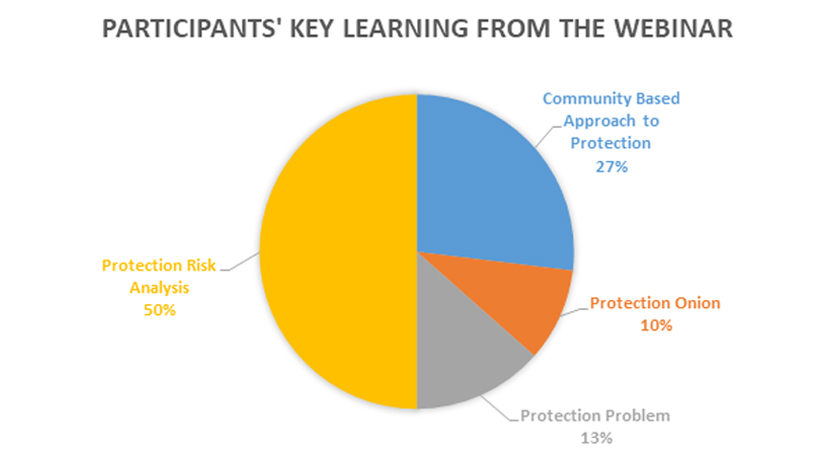
 José Jódar is the Senior Technical Officer at CaLP and joined them in July 2019 after more than 12 years of work experience in multi-sectoral emergencies, livelihoods/food security and Cash & Vouchers Assistance programs with different organizations (mainly Spanish Agency for International Development Cooperation AECID, Spanish Red Cross/International Red Cross and Red Crescent Movement and Action Against Hunger) and in several contexts: Latin America, Sub-Saharan Africa and, lately, MENA region. José holds a PhD in International Cooperation and Development Studies (University of Murcia, Spain) and a Master’s degree in Africa Studies (major in African Politics) at School of Oriental and African Studies (SOAS, London). He has a wide range of experience in CVA design and implementation, technical advisory, capacity building and both technical and institutional coordination.
José Jódar is the Senior Technical Officer at CaLP and joined them in July 2019 after more than 12 years of work experience in multi-sectoral emergencies, livelihoods/food security and Cash & Vouchers Assistance programs with different organizations (mainly Spanish Agency for International Development Cooperation AECID, Spanish Red Cross/International Red Cross and Red Crescent Movement and Action Against Hunger) and in several contexts: Latin America, Sub-Saharan Africa and, lately, MENA region. José holds a PhD in International Cooperation and Development Studies (University of Murcia, Spain) and a Master’s degree in Africa Studies (major in African Politics) at School of Oriental and African Studies (SOAS, London). He has a wide range of experience in CVA design and implementation, technical advisory, capacity building and both technical and institutional coordination. Regina “Nanette” Salvador-Antequisa is the founding Executive Director of the Ecosystems Work for Essential Benefits, Inc. (ECOWEB) in the Philippines and convenor of the Community Led Emergency Action Response Network (CLEARNet) in the Philippines that actively promotes survivor and community-led response (sclr) to crisis approach – a humanitarian-development-peace nexus advocacy in action. She has been involved with peace and development work for over 25 years and is engaged in local and national policy advocacy on the issues of disaster, poverty, conflict, environment and governance. Regina is currently the sectoral representative of the Victims of Disaster and Calamities sector to the government’s National Anti-Poverty Commission. She is actively involved in international advocacy on localization of humanitarian aid through her engagement with the global Alliance for Empowering Partnerships (A4EP), Charter4Change, Local to Global Protection and participation in the World Humanitarian Action Forum.
Regina “Nanette” Salvador-Antequisa is the founding Executive Director of the Ecosystems Work for Essential Benefits, Inc. (ECOWEB) in the Philippines and convenor of the Community Led Emergency Action Response Network (CLEARNet) in the Philippines that actively promotes survivor and community-led response (sclr) to crisis approach – a humanitarian-development-peace nexus advocacy in action. She has been involved with peace and development work for over 25 years and is engaged in local and national policy advocacy on the issues of disaster, poverty, conflict, environment and governance. Regina is currently the sectoral representative of the Victims of Disaster and Calamities sector to the government’s National Anti-Poverty Commission. She is actively involved in international advocacy on localization of humanitarian aid through her engagement with the global Alliance for Empowering Partnerships (A4EP), Charter4Change, Local to Global Protection and participation in the World Humanitarian Action Forum. Sudhanshu S. Singh is a humanitarian and development professional with over 32 years of global experience in the sector. Sudhanshu is founder and CEO of Humanitarian Aid International (HAI) which aims to become the first Indian organisation, working globally with the Indian identity on poverty alleviation and disaster management. HAI is also currently hosting the international secretariat of Charter4Change.
Sudhanshu S. Singh is a humanitarian and development professional with over 32 years of global experience in the sector. Sudhanshu is founder and CEO of Humanitarian Aid International (HAI) which aims to become the first Indian organisation, working globally with the Indian identity on poverty alleviation and disaster management. HAI is also currently hosting the international secretariat of Charter4Change.
 MS. Qingrui Huang Qingrui is Acting Regional Representative for Asia and the Pacific at ICVA, a global network of NGOs whose mission is to make humanitarian action more principled and effective by working collectively and independently to influence policy and practice. She has over 15 years’ experience in technical advisory and program management with both UN agencies and NGOs in the areas of humanitarian and development in Asia, particularly in China, Myanmar and Thailand. In her current role, Qingrui closely works with ICVA members, NGOs and NGO networks, and humanitarian partners such as UN agencies and donors to ensure the humanitarian actions in Asia and the Pacific are more coordinated, accountable and inclusive.
MS. Qingrui Huang Qingrui is Acting Regional Representative for Asia and the Pacific at ICVA, a global network of NGOs whose mission is to make humanitarian action more principled and effective by working collectively and independently to influence policy and practice. She has over 15 years’ experience in technical advisory and program management with both UN agencies and NGOs in the areas of humanitarian and development in Asia, particularly in China, Myanmar and Thailand. In her current role, Qingrui closely works with ICVA members, NGOs and NGO networks, and humanitarian partners such as UN agencies and donors to ensure the humanitarian actions in Asia and the Pacific are more coordinated, accountable and inclusive. Mr. Hafiz AMIRROL Hafiz is the network coordinator for Asia Disaster Reduction and Response Network (ADRNN), a network of 52 civil society organizations across Asia that focuses on disaster risk reduction, and disaster response and preparedness. Hafiz is also Head of Strategic Planning and Building Resilient Communities at MERCY Malaysia. Hafiz is an urban designer and also a lecturer/researcher in the field of architecture, urbanism and city planning.
Mr. Hafiz AMIRROL Hafiz is the network coordinator for Asia Disaster Reduction and Response Network (ADRNN), a network of 52 civil society organizations across Asia that focuses on disaster risk reduction, and disaster response and preparedness. Hafiz is also Head of Strategic Planning and Building Resilient Communities at MERCY Malaysia. Hafiz is an urban designer and also a lecturer/researcher in the field of architecture, urbanism and city planning. Ms. Dear NB Sinandang Dear is Communication and Partnership Manager of Humanitarian Forum Indonesia, a forum of faith-based organizations in Indonesia that was established in 2008. She has over 10 years’ experience in project management, capacity building programs, network management, and coordination and partnership with humanitarian key actors in the areas of humanitarian assistance and disaster management in Indonesia. In her current role, Dear closely works with HFI members, and humanitarian partners such as UN agencies, Red Cross, NGOs/INGOs, private sector, academia, donors, and regional to global networks.
Ms. Dear NB Sinandang Dear is Communication and Partnership Manager of Humanitarian Forum Indonesia, a forum of faith-based organizations in Indonesia that was established in 2008. She has over 10 years’ experience in project management, capacity building programs, network management, and coordination and partnership with humanitarian key actors in the areas of humanitarian assistance and disaster management in Indonesia. In her current role, Dear closely works with HFI members, and humanitarian partners such as UN agencies, Red Cross, NGOs/INGOs, private sector, academia, donors, and regional to global networks. Mr. Takeshi Komino – Secretary General, Asian Disaster Reduction and Response Network (ADRRN) Takeshi currently serves as General Secretary of CWS Japan and a member of Executive Committee of Asian Disaster Reduction and Response Network (ADRRN) as Secretary General. He also serves as Co-chairperson of Japan Platform, and joint secretariat of Japan CSO Coalition for DRR (JCC-DRR), as well as the chairperson of Japan Quality and Accountability Network (JQAN).
Mr. Takeshi Komino – Secretary General, Asian Disaster Reduction and Response Network (ADRRN) Takeshi currently serves as General Secretary of CWS Japan and a member of Executive Committee of Asian Disaster Reduction and Response Network (ADRRN) as Secretary General. He also serves as Co-chairperson of Japan Platform, and joint secretariat of Japan CSO Coalition for DRR (JCC-DRR), as well as the chairperson of Japan Quality and Accountability Network (JQAN).
